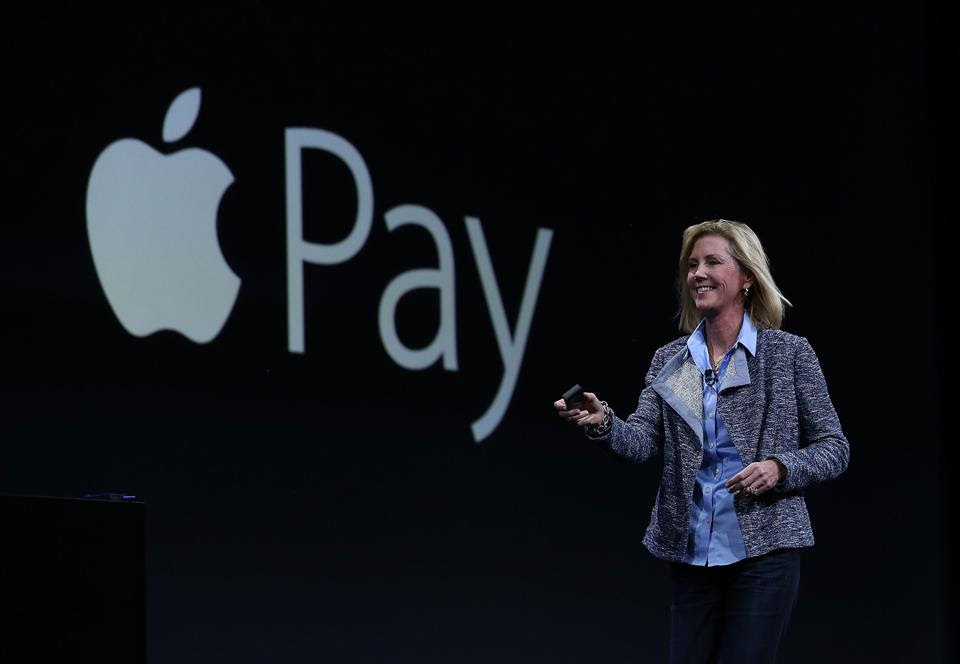Apple announced on Monday, June 6, its entry into the “buys now pay later” payment solutions market, which became very popular during the pandemic.
In the U.S., starting this fall, approved users of Apple Pay will be able to choose to pay for a purchase in four installments over six weeks, “without interest or fees of any kind.
“Apple Pay Later,” the new feature, “makes it easy to view, track and payback,” the California-based group’s statement detailed.
Apple researchers on Monday (June 6) introduced a battery of new tools and enhancements to its mobile operating system, iOS 16, which will be automatically installed on its smartphones in the fall.
Apple has signed with the Mastercard network, but Apple did not specify which bank would be responsible for the credits. The Bloomberg agency had mentioned Goldman Sachs last year.
The Apple brand has widely diversified its services and revenue sources in recent years, to encourage users of its devices to stay in its ecosystem, from communication to entertainment to work to online shopping.
This time, Apple is stepping into a breach already well exploited by other companies such as Affirm (partner of Amazon and Stripe, among others), Afterpay, Klarna and even PayPal.
For its promoters, this method of financing is a less risky alternative to credit cards, which charge interest that is often complicated to understand and can quickly accumulate.
Their use exploded during the pandemic and partnerships with merchants multiplied, the latter being ready to pay a percentage of the transaction for purchases that consumers would not necessarily have been able to pay in one go.
But in December, a U.S. agency launched an investigation into the risks and benefits of these payment solutions.
The Consumer Financial Protection Bureau (CFPB) said it was “concerned” about potential debt accumulation, compliance with consumer protection laws and the use of data collected by companies offering these products.
Grand View Research estimates the global “buy now – pay later” market at USD 5 billion in 2021, and predicts it will approach USD 40 billion by 2030.



Comment here